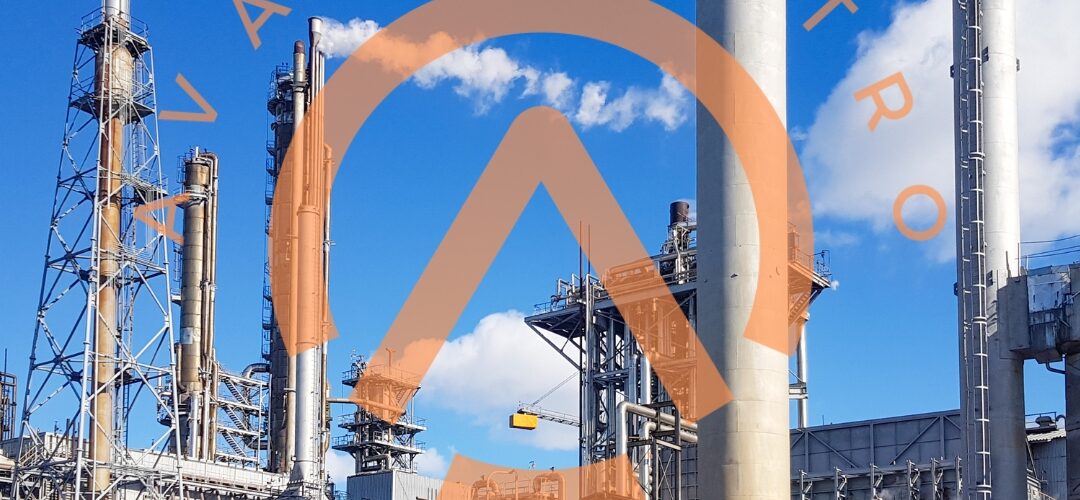Does the Quality of Polymer Resins Relate to the Licensor of Plant?
In the world of polymer manufacturing, the quality of resins is paramount. Polymer resins are the building blocks of countless products, from plastic containers to automotive parts. But have you ever wondered if the quality of polymer resins is related to the licensor of the plant? In this article, we will delve into this intriguing question and explore the factors that may connect the quality of polymer resins with the licensor of the manufacturing plant.
Understanding Polymer Resins
Before we delve into the relationship between polymer resin quality and the plant’s licensor, let’s first understand what polymer resins are. Polymer resins are long-chain molecules made up of repeating units called monomers. These resins can be synthetic or natural and are the raw materials used in the production of various plastic products.
The Importance of Polymer Resin Quality
The quality of polymer resins directly impacts the performance and durability of the final products. High-quality resins result in stronger, more durable, and safer products, while low-quality resins may lead to defects, reduced lifespan, and even safety hazards. Manufacturers strive to produce resins that meet stringent quality standards to ensure the excellence of their end products.
The Role of the Licensor
In the context of polymer resin manufacturing, the licensor refers to the entity that licenses the technology and processes used in the production plant. Licensor companies often provide expertise, patents, and know-how to ensure that the plant can produce high-quality resins efficiently.
Quality Control Measures
Licensor companies play a vital role in establishing and maintaining quality control measures within the manufacturing process. They provide guidelines and best practices that plant operators must follow to produce consistent and high-quality polymer resins.
Technology Transfer
In many cases, licensor companies transfer advanced technologies to manufacturing plants, enabling them to produce resins with improved properties and performance. This technology transfer can positively impact the quality of the resins produced.
The Relationship Between Quality and the Licensor
Now that we understand the roles of polymer resins and licensors, let’s explore the potential relationship between the quality of polymer resins and the licensor of the plant.
Expertise and Knowledge Sharing
Licensors bring a wealth of expertise and knowledge to the table. They work closely with plant operators, sharing insights and best practices that can enhance resin quality. This collaborative approach often results in better quality control and improved resin formulations.
Technological Advancements
Licensors continually invest in research and development to advance resin production technologies. This commitment to innovation can lead to the development of superior resins with enhanced properties, such as increased strength, durability, and heat resistance.
Stringent Standards
Licensors typically set stringent quality standards that plant operators must adhere to. These standards are designed to ensure that the resins meet or exceed industry benchmarks for quality and performance.
Conclusion
In conclusion, the quality of polymer resins is indeed related to the licensor of the manufacturing plant. Licensors play a crucial role in establishing and maintaining quality control measures, transferring advanced technologies, and sharing expertise with plant operators. This collaborative effort ultimately contributes to the production of high-quality polymer resins that meet the demands of various industries.
FAQs
- Can a change in the licensor affect resin quality? Yes, a change in the licensor can bring new technologies and quality control measures, potentially improving resin quality.
- What industries rely heavily on high-quality polymer resins? Industries such as automotive, aerospace, and medical devices rely on high-quality resins for safety and performance.
- Are there any environmental considerations in resin quality? Yes, some resins are formulated to be more environmentally friendly, addressing concerns about sustainability and recycling.
- How can manufacturers ensure consistent resin quality? Manufacturers can achieve consistent resin quality by closely following licensor guidelines, investing in quality control, and continuous improvement efforts.

